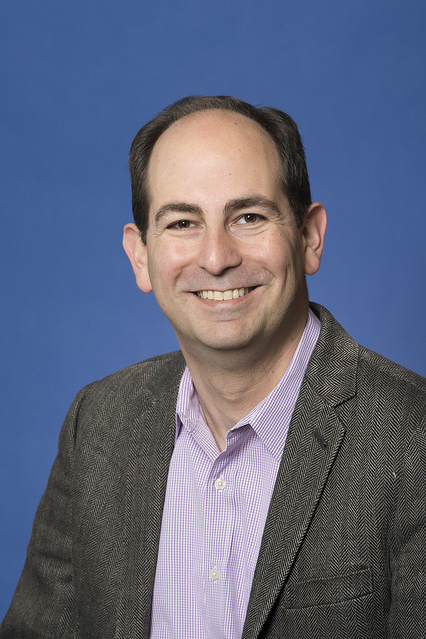WASHINGTON (September 27, 2023) - New research led by the George Washington University finds that current mitigation efforts to combat distrust online may not be effective because organizations and governments tackling distrust are only targeting one topic and only one geographical scale. The study shows that online distrust has become a ‘glocal’ phenomenon, meaning that it is spreading with different topics lumped together and mixing both local and global interests.
“The key takeaway here is that distrust has gone ‘glocal’ and hence so should mitigation. Currently, all government, NGO, and other organization’s attempts at mitigation against distrust are focused on one topic, like elections, or public health, or climate, or abortion etc. — i.e. they are ‘local’ in topic by focusing on just one topic, not a mix — and they are either at an international scale, or a national scale, or a state scale, or a local scale — but again not a mix,” Neil Johnson, study author and a professor of physics at GW, says. “This silo approach is dangerous because it completely misses the fact that distrust has become ‘glocal’ in both topic and in geographic scale. For example, people who distrust advice about one topic at the local level (e.g. state-level health advice) are likely to distrust information about topics (e.g. elections, climate) at the national and global levels. That is what gives distrust its new resilience to mitigations and interventions post-pandemic.”
As distrust has flourished online after the pandemic and especially as the United States heads into the 2024 presidential election, the researchers say it will become increasingly important for organizations to rethink their strategies in this ‘glocal’ way if they want to reach online audiences more effectively.
The study, “Rise of post-pandemic resilience across the distrust ecosystem,” was published in Nature’s Scientific Reports. If you would like to speak with Prof. Johnson, please contact GW Media Relations Specialist Cate Douglass at cdouglass gwu [dot] edu (cdouglass[at]gwu[dot]edu).
gwu [dot] edu (cdouglass[at]gwu[dot]edu).
-GW-





